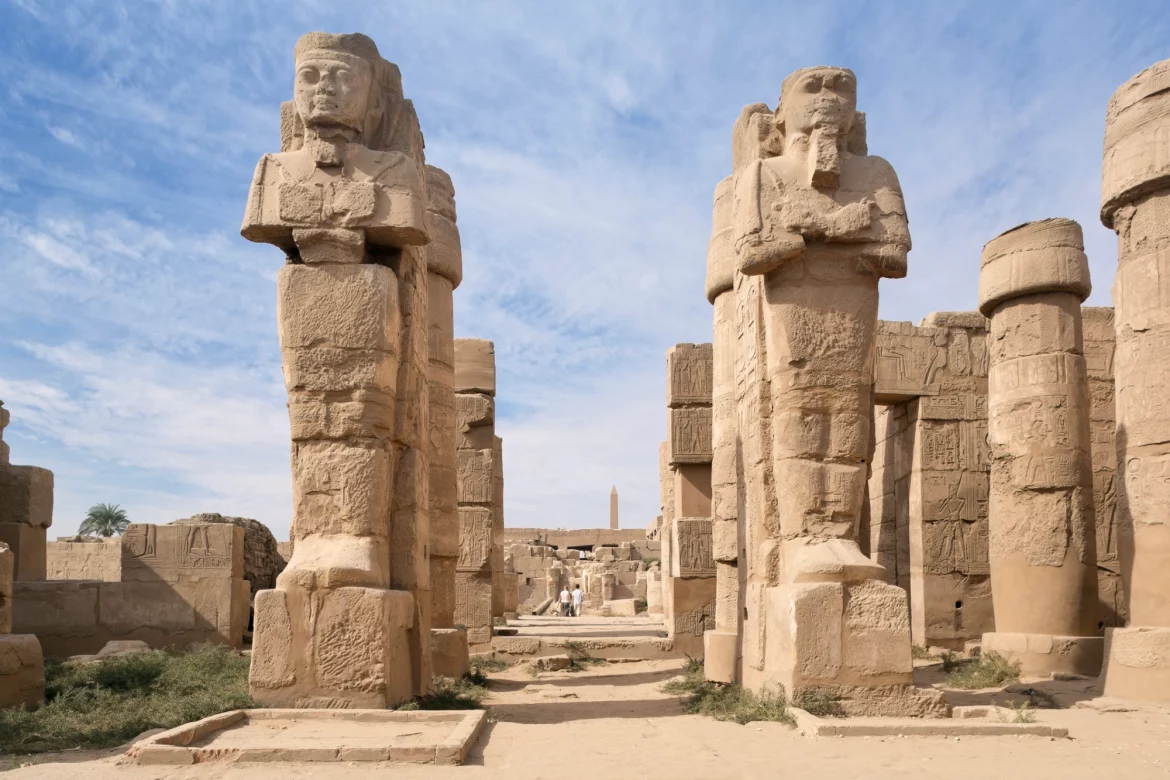Experts have warned that Egypt’s famous archaeological sites, including the pyramids and Sphinx, could disappear in 100 years due to rising sea levels and extreme weather brought about by climate change.
Low-lying areas of Alexandria are expected to be underwater in as little as 30 years time as effects of climate change threaten the country’s fragile historic site, with the ancient temples of Luxor and a Roman amphitheatre near the Mediterranean also at risk.
“I am afraid that climate changes may affect the monuments of the city of Alexandria and I fear that the city and part of the Egyptian Delta will be flooded over time if it continues on this approach,” said Hussein Abdel Basir, director of the Antiquities Museum at the Bibliotheca Alexandrina.
Read also: UN environment chief warns of biodiversity apocalypse
He said that air pollution and more extreme weather events were taking a toll on sites such as the pyramids in Giza, adding that one-third of every natural site and one-sixth of every cultural heritage site is currently under threat due to climate change.
“If no action is taken, it will negatively affect the natural heritage sites by the end of the century,” he warned.
The Egyptian government has earmarked more than £ 11 million to protect the Citadel of Qaitbay, a 15th-century fortress, from coastal erosion and 4,700 concrete blocks have been dropped into the water to protect it from rising sea levels.
In his reaction, Zahi Hawass, Egypt’s former Minister of State for Antiquities Affairs, said that all open-air archeological sites in Egypt were in danger.
He said: “In 100 years all these antiquities will be gone because of climate change.”
Story was adapted from the UK Mirror.
